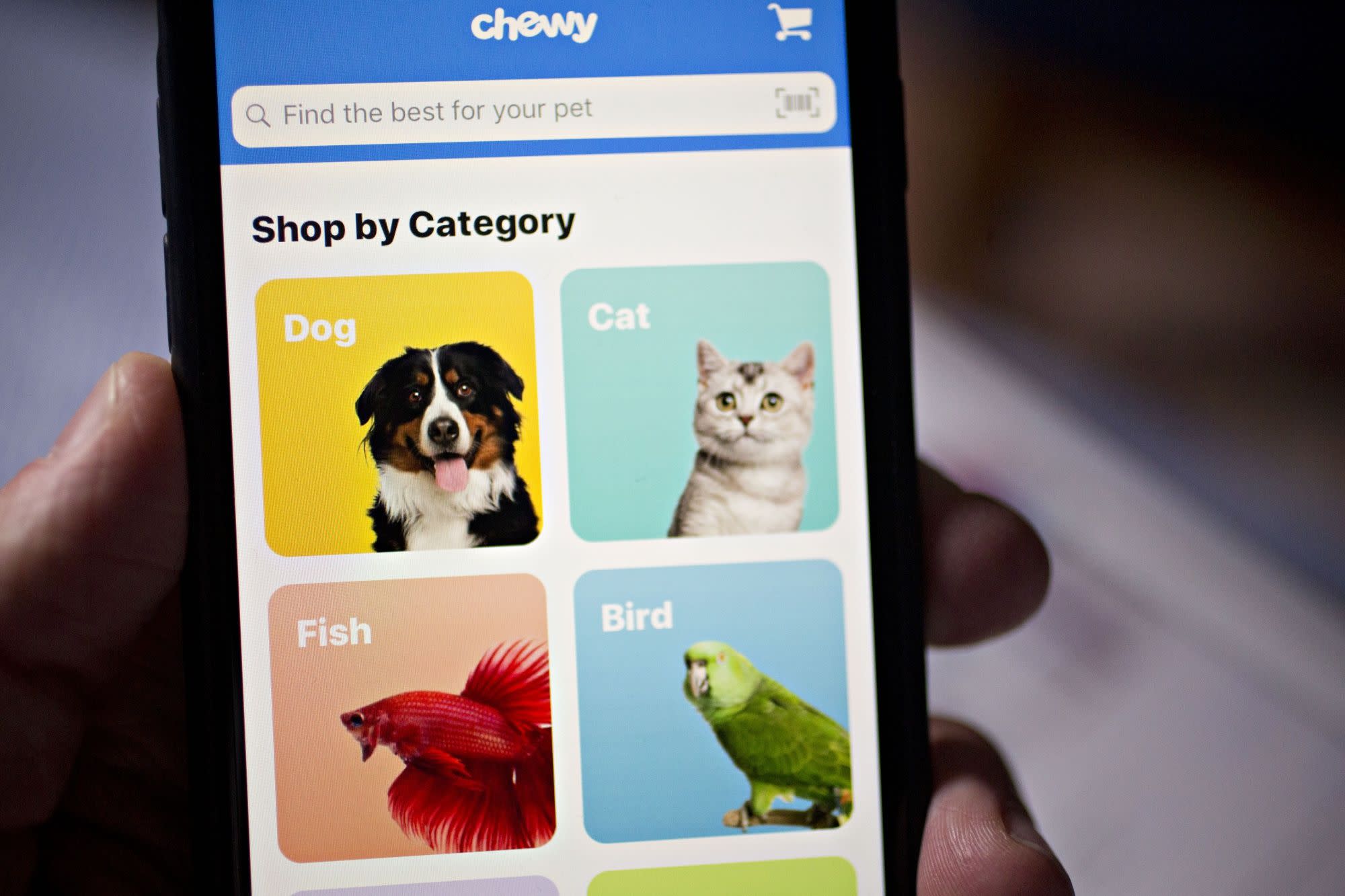PetSmart Pulls $4.65 Billion Chewy Debt Deal as Buyers Balk

(Bloomberg) — PetSmart Inc. is shelving a $4.65 billion debt sale that would have helped finance its split from its online counterpart Chewy Inc. after struggling to get buyers on board.
The company withdrew its joint junk bond and leveraged loan offering, citing market conditions, according to emailed comments from a PetSmart spokesman Friday. The financing, part of a plan to separate the companies led by private equity firm BC Partners, had yet to generate enough orders to match what it was trying to raise, according to people with knowledge of the matter, who asked not to be identified discussing a private transaction.
Investors had yet to warm up to the deal even after extracting more favorable terms from the BC Partners-led group earlier this week, Bloomberg reported. Even with stronger protections, known as covenants, and better pricing, buyers were still uneasy with the core purpose of splitting the two companies, which would have left them with only the brick-and-mortar PetSmart retail operation, without the valuable online business of Chewy.
Representatives for Barclays Plc, which was leading the bond offering, and JPMorgan Chase & Co., which had led the loan, declined to comment. A spokesperson for BC Partners deferred a request for comment to PetSmart.
It’s the latest transaction to be pulled in the high-yield market, where retail funds saw their first outflow in a month amid a larger selloff from a resurgent coronavirus. Some borrowers in the leveraged loan market have also had to cave to lenders with higher pricing to get deals done.
‘Atrocious’ Covenants
“The covenants that were initially proposed were atrocious,” Covenant Review analyst Scott Josefsberg said in a phone interview Friday. “They were up there with the most aggressive that we’ve seen.”
Investors were able win some changes to the documents, including the removal of what are known as unrestricted subsidiaries, a step which curtails the assets that PetSmart can move beyond the reach of lenders, said a separate person with knowledge of the matter. They managed to secure higher interest rates on both bond tranches and the loan, as well.
PetSmart also added a financial ratio test, a condition to accessing a so-called restricted payments build-up basket, the person said. Without such a test, PetSmart could have used these funds to pay dividends or siphon away assets, regardless of how many assets it had to cover its debt.
In another win for creditors, PetSmart imposed terms that restricted its ability to incur more debt, including the capacity for incremental first-lien borrowings that rank ahead of unsecured obligations. The provision, which originally allowed the company to add about $3.6 billion of first-lien debt, was roughly cut in half.
Recapitalizing Deal
The transaction to split the companies came three years after BC Partners saddled PetSmart with more debt to acquire Chewy, a fast-growing but still unprofitable competitor. The deal also included recapitalizing PetSmart with $1.3 billion of equity.
All of PetSmart’s remaining shares in Chewy would have been distributed to the BC Partners-led group, which planned to operate Chewy as a wholly separate business. The new structure would have resulted in a smaller debt load relative to earnings as well as longer maturities for PetSmart, which would continue to focus on its brick-and-mortar locations.
Read more: BC Partners to split PetSmart, Chewy in $6 billion recap deal
Both companies have performed well during the pandemic amid a surge in pet adoption and as consumers gravitate toward home-related products. Government-mandated shutdowns have also accelerated a shift to online shopping, benefiting businesses like Chewy at the expense of traditional retailers.
(Updates with more context from third paragraph)
For more articles like this, please visit us at bloomberg.com
Subscribe now to stay ahead with the most trusted business news source.
©2020 Bloomberg L.P.




